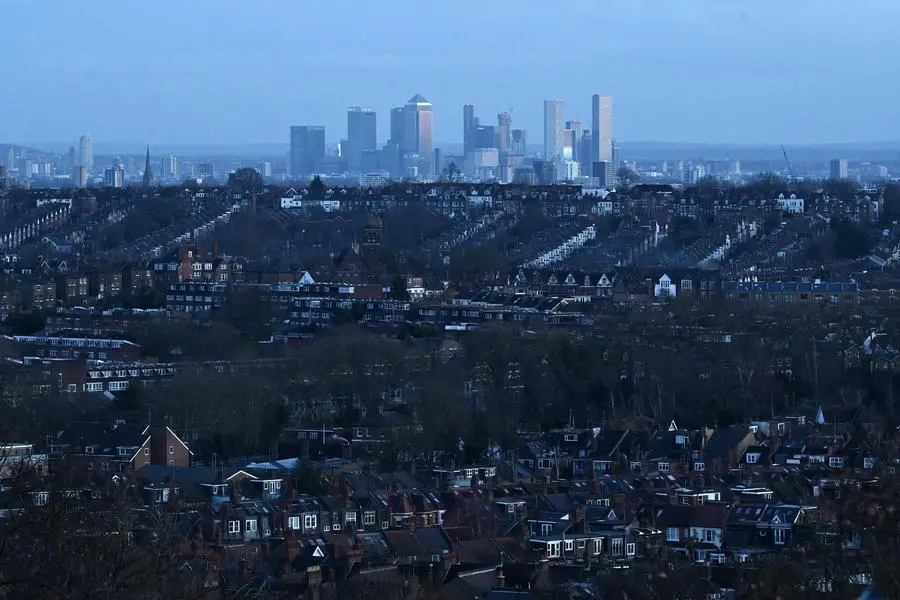PHOTO
British unemployment remains near its historical low but wages are still falling in real terms, official data showed Tuesday on the eve of a budget.
The unemployment rate was stable at 3.7 percent in the three months to the end of January compared with the three months to the end of December, the Office for National Statistics (ONS) said in a statement.
Wages excluding bonuses rose 6.5 percent -- but dived 3.5 percent when inflation is taken into account.
"Although the inflation rate has come down a little, it's still outstripping earnings growth, meaning real pay continues to fall," said ONS economic statistics director Darren Morgan on Tuesday.
Britain remains plagued by strikes as workers protest over pay failing to keep pace with consumer prices.
The data was published one day before finance minister Jeremy Hunt will unveil his latest budget, against the backdrop of a cost-of-living crisis that has sparked strikes across Britain.
UK hospital doctors on Monday began a three-day strike over pay at the start of a week that will also see teachers, train staff and civil servants walk out, in industrial action timed to coincide with the budget.
Annual UK inflation has cooled in recent months but remains above 10 percent, fives times the rate targeted by the Bank of England.
"The jobs market remains strong, but inflation remains too high," Hunt said in reaction to Tuesday's data.
"Tomorrow at the budget, I will set out how we will go further to bear down on inflation, reduce debt and grow the economy, including by helping more people back into work."
The UK inflation rate, despite a recent easing, remains close to a four-decade high on surging energy bills after key gas producer Russia invaded Ukraine one year ago.





















